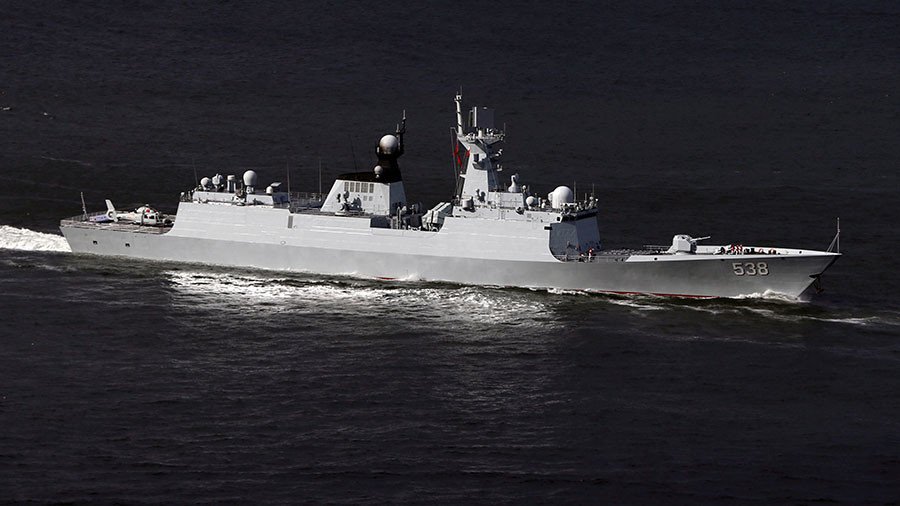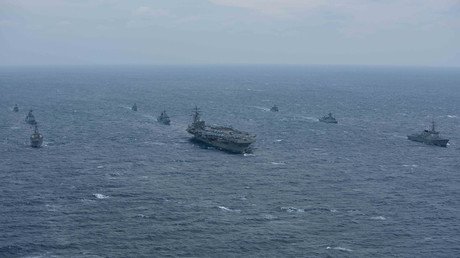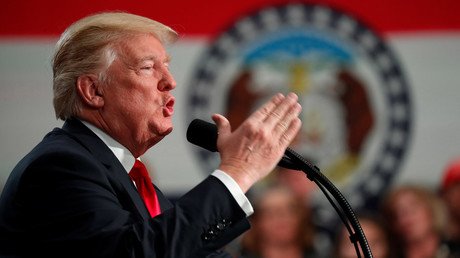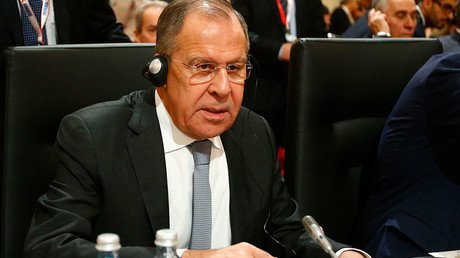Chinese Navy begins live-fire drills near N. Korea as S. Korea & US escalate activity

China’s navy has begun four-day live-fire drills off the coast of North Korea as Pyongyang warned that Washington’s actions are pushing the region toward nuclear war.
The drills began Thursday off the coast of Lushun in China’s northeast province of Liaoning. Ahead of the exercise, an area of some 276 square kilometers was declared off limits, Chinese media reported, citing the country’s Maritime Security Agency.
Lushun is home to an important naval base for the People’s Liberation Army’s (PLA) North Sea Fleet, responsible for safeguarding China’s waters off the Korean Peninsula. The scale of the drills as well as the exact number of ships participating remained unclear.
The four-day naval exercise kicked off amid a flurry of military activity in the region. The United States, South Korea and Japan held joint military exercises this week aimed at pressuring North Korea to abandon its missile testing.
Last week, more than 40 warships from the Chinese Navy took part in a major exercise in the East China Sea, just days after the country’s Air Force had carried out similar high-level drills.
On Thursday, Pyongyang said that a Trump administration plan to impose a naval blockade on North Korea, if implemented, would be “extremely dangerous” and “big step” toward nuclear war.
Moscow and Beijing have repeatedly advocated a “double freeze” solution to the crisis, in which North Korea would halt missile and nuclear programs in exchange for Washington dialing down its military drills in the region. Earlier this month, Moscow said it was ready to help facilitate talks between Washington and Pyongyang, with Foreign Minister Sergey Lavrov stating that “North Korea wants to talk to the US about its own security assurances.”
Washington has ridiculed international calls for dialogue, opting instead for incendiary tweets and military drills, in hopes that Pyongyang will acquiesce. In a rare glimmer of diplomatic protocol, Secretary of State Rex Tillerson said Tuesday that the United States was “ready to talk anytime” with North Korea “without preconditions.” State Department spokesperson Heather Nauert walked back his statement the next day, however, saying that North Korea would have to suspend its weapons tests before such talks could take place.















